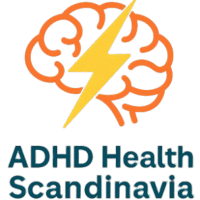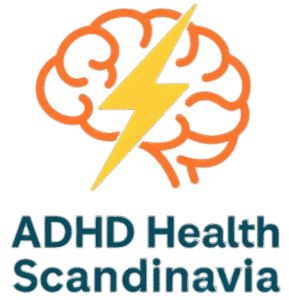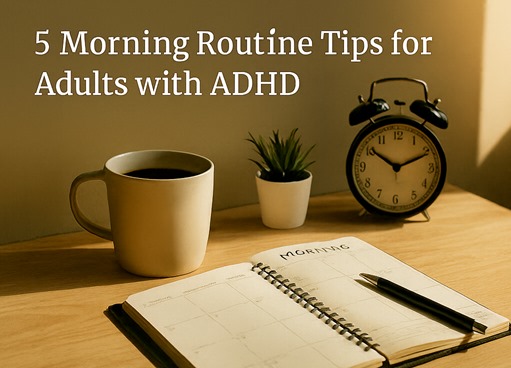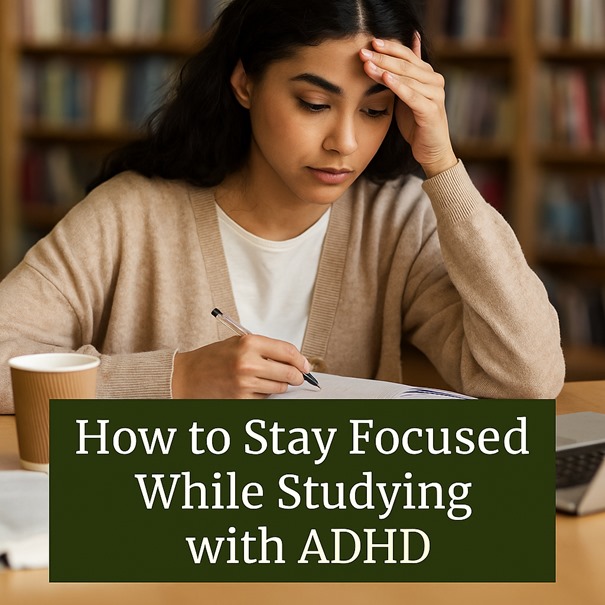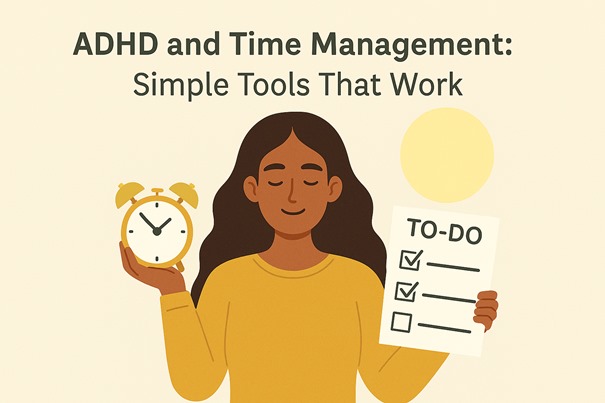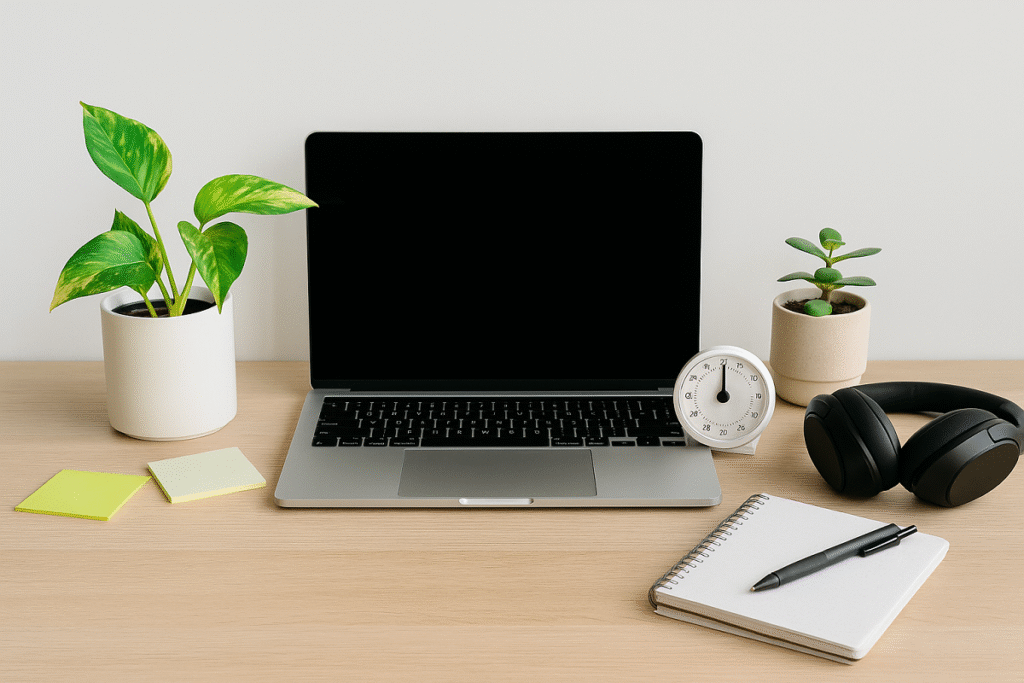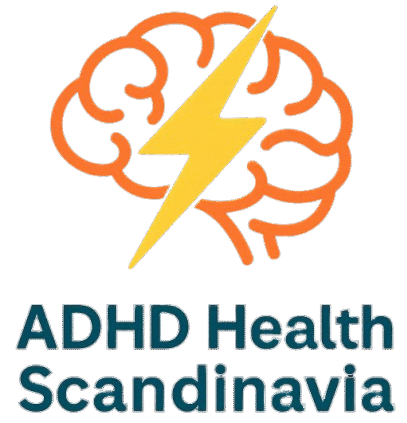ADHD Tools are not just mere conveniences; they are essential lifelines for individuals navigating the complexities of Attention-Deficit/Hyperactivity Disorder. For many, these tools transform daily struggles into manageable routines, offering vital support in areas like organization, focus, and emotional regulation. Identifying and integrating the right tools can significantly improve quality of life, fostering a sense of control and accomplishment.
Mastering Organization with Support Tools
One of the primary challenges for those with ADHD is maintaining organization. Digital and physical planners are top-tier ADHD tools in this regard. Whether it’s a bullet journal, a dedicated planner designed for ADHD brains, or a comprehensive digital calendar app, these resources help visualize tasks, deadlines, and appointments. Task management apps like Todoist or Any.do allow for breaking down large projects into smaller, actionable steps, complete with reminders and due dates. Creating designated “command centers” for important items like keys, wallets, and phones can also prevent valuable time being lost to searching.
Boosting Focus and Productivity
Distractibility can hinder productivity. Noise-canceling headphones are invaluable for creating a quiet work environment, blocking out external sounds that can pull focus. Fidget toys, far from being distractions, can actually help channel restless energy, allowing the mind to concentrate on the primary task. The Pomodoro Technique, often implemented with a simple timer, encourages focused work in short bursts followed by brief breaks, preventing mental fatigue and sustaining attention. For digital distractions, website blockers or dedicated “focus mode” apps can also be incredibly effective ADHD tools.
Holistic ADHD Tools for Everyday Support
Beyond organization and focus, holistic tools address a broader spectrum of needs. Habit trackers, available as apps or physical journals, can reinforce positive routines, from remembering to take medication to incorporating regular exercise. Visual schedules, especially helpful for managing transitions or for those who think visually, clearly outline the day’s events. Furthermore, self-care reminder apps and journaling can assist with emotional regulation and self-awareness, providing space to process thoughts and feelings, which is crucial for overall well-being.
Finding the optimal combination of ADHD tools is a personal journey. What works for one person may not work for another, emphasizing the importance of experimentation and patience. Integrating these supports consistently into your daily life can lay a strong foundation for managing ADHD symptoms, leading to greater peace of mind and enhanced productivity.
